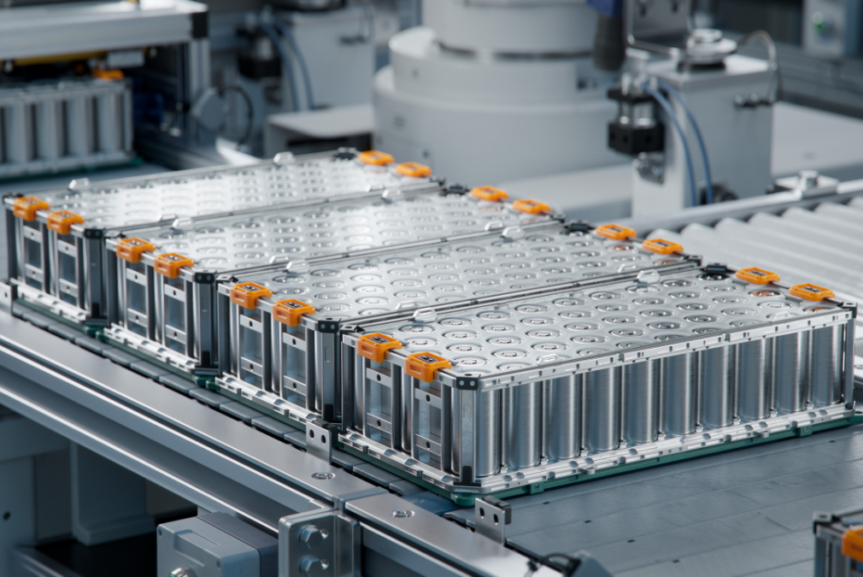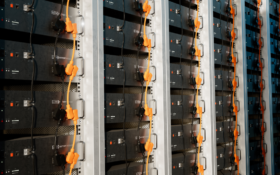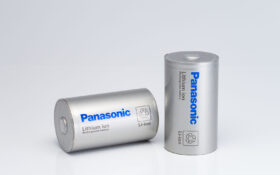The director of North American battery industry body Naatbatt has called for a new approach to China, arguing that cutting off from Chinese companies and supplies “makes no sense”.
Writing on his organisation’s website, Jim Greenberger argued that such a move would ultimately “undermine the goal of creating a robust domestic advanced battery supply chain.”
He said he recently invited the chairman of CATL, Robin Zeng Yuqun, to attend a Naatbatt directors’ meeting in Detroit next October. The Chinese battery maker is a long-standing association member and the largest manufacturer of lithium-ion batteries in the world.
“This week I was informed that Mr. Zeng would be unable to attend because of geopolitical issues,” Greenberger said. He added that his body has been concerned more than any other about the growing concentration of lithium battery supplies and manufacturing in China and has been unrivalled in seeking ways for North American companies to compete more effectively in the growing lithium battery industry.
But the industry is where it is and North American manufacturers must respond realistically, he added. “It is one thing to try to grow domestic capacity. That we must continue to do and we need to do it in a number of different ways,” he said.
“But it is another thing to cut ourselves off entirely from Chinese companies and Chinese supplies. That makes no sense and will ultimately undermine the goal of creating a robust domestic advanced battery supply chain.”
He said there needs to be re-engagement with the Chinese scientific community. The time has passed when that community was “sometimes rightly suspected of trying to acquire North American intellectual property not always by honourable means. But that time has passed,” he said.
He noted a report from think tank the Information Technology & Innovation Foundation on 29 July stating that Chinese institutions today account for 65.4% of the high-impact research publications in electric batteries, substantially outpacing US institutions’ 11.9%. And China’s global share of patents in the field of electric propulsion increased from 2.4% in 2010 to 26.9% in 2020, it said.
The loss of scientific and innovation leadership is the biggest long-term threat to a robust and sustainable battery supply chain in North America, Greenberger said, arguing that government and scientists need to work hard to get that leadership back. “But cutting ourselves off from leading innovative companies such as CATL rather than trying to learn from them is not a path to leadership. It is a path to long-term, second-rate status,” he said.
On 31 July, Republican members of the US House of Representatives’ Committee on Energy and Commerce wrote to Department of Energy (DOE) Secretary Jennifer Granholm urging the DOE “to prioritise the onshoring of our critical mineral supply chains following the Chinese Communist Party’s July 1 declaration that rare earth metals were the ‘property of the state’.”
They said critical minerals are critical to America’s capacity to manufacture solar panels, batteries and electrical equipment. China announced in October it would require export permits for certain graphite products to protect national security.
The Republicans said: “The administration should prioritise the onshoring of domestic mining and processing industry… The answer to a lack of mining and processing is not to extend credits to companies using minerals from a major geopolitical adversary that relies on child labour and exploitation.”
Photo: Jim Greenberger, director of Naatbatt












